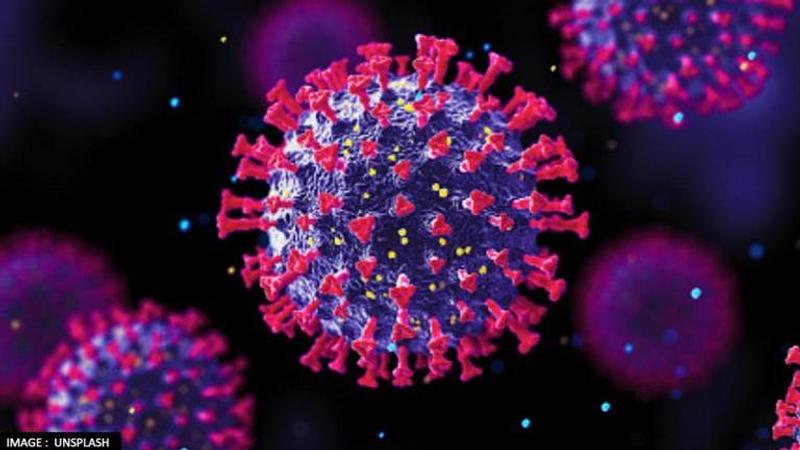Published 06:43 IST, November 28th 2021
Omicron: How new COVID strain sparking global fears is different from other variants?
As the World Health Organisation declares Omicron to be a "variant of concern," many people wonder what is the difference between this variant and the others

As the World Health Organisation declares Omicron to be a "variant of concern," many people wonder what the distinction is between this classification and other types of variants. Early evidence on Omicron, identified by the technical designation B.1.1.529, suggests that the variant has a huge number of mutations, some of which have worrisome characteristics, according to WHO Health Emergencies Programme COVID-19, Technical Lead Dr Maria Van Kerkhove.
In comparison to other highly transmissible variants, the South Africa variant has been demonstrated to have a higher risk of reinfection, implying that patients who have previously contracted COVID and recovered may be more susceptible to contracting it again with this variant. On November 24, 2021, the B.1.1.529 COVID variant was initially reported to WHO by South Africa. In South Africa, the epidemiological situation has been marked by three different peaks in reported cases, the most recent of which was dominated by the Delta variant. Infections have risen sharply in recent weeks, corresponding with the discovery of the B.1.1.529 strain. A specimen collected on November 9, 2021, was the first reported verified B.1.1.529 infection.
Omicron has higher risk of reinfection: WHO
According to WHO, there are numerous mutations of Omicron, some of which are problematic. In comparison to other VOCs, preliminary research suggests that this variant has a higher risk of reinfection. In practically all of South Africa's provinces, the number of cases with this variant appears to be increasing. This COVID variant is still getting researched by current SARS-CoV-2 PCR diagnostics. Several labs have reported that one of the three target genes is not found in one widely used PCR test (known as S gene dropout or S gene target failure) and that this test can thus be used as a marker for this variant pending sequencing confirmation. This variant has been found to be spreading at faster rates, suggesting that it may have a growth advantage compared to other VOCs.
Each Coronavirus has roughly 30,000 RNA letters. This genetic material enables the virus to invade cells and hijack them in order to create more viruses. When an infected cell replicates new Coronaviruses, it occasionally generates little copying errors known as mutations. Mutations can be tracked as they pass down through a lineage, a branch of the viral family tree. A variation is a collection of Coronaviruses that have the same inherited set of unique mutations. Many SARS-CoV-2 Coronavirus variants have emerged over the course of the pandemic. These COVID variants are classified into three categories, according to WHO:
- Variants of interest
- Variants of concern and
- Variants of high consequence
The CDC defines the variant of concern as evidence of increased transmissibility, more severe disease (e.g., increased hospitalizations or deaths), a significant reduction in neutralisation by antibodies generated during previous infection or vaccination, reduced effectiveness of treatments or vaccines, or diagnostic detection failures. Concerning variants, such as alpha, beta, delta and now omicron, have been proven to spread more easily, cause more serious disease and reduce the efficacy of COVID vaccinations and other COVID-fighting treatments. They're more concerning than the variants of interest, such as mu and lambda, which have altered elements of the disease's transmissibility but aren't as transmissible.
The variant of high consequence has compelling evidence that preventative efforts or medical countermeasures are much less successful than previously circulating variants, according to the researchers. However, there are currently no high consequence variants available.
Image: Unsplash
Updated 06:43 IST, November 28th 2021



